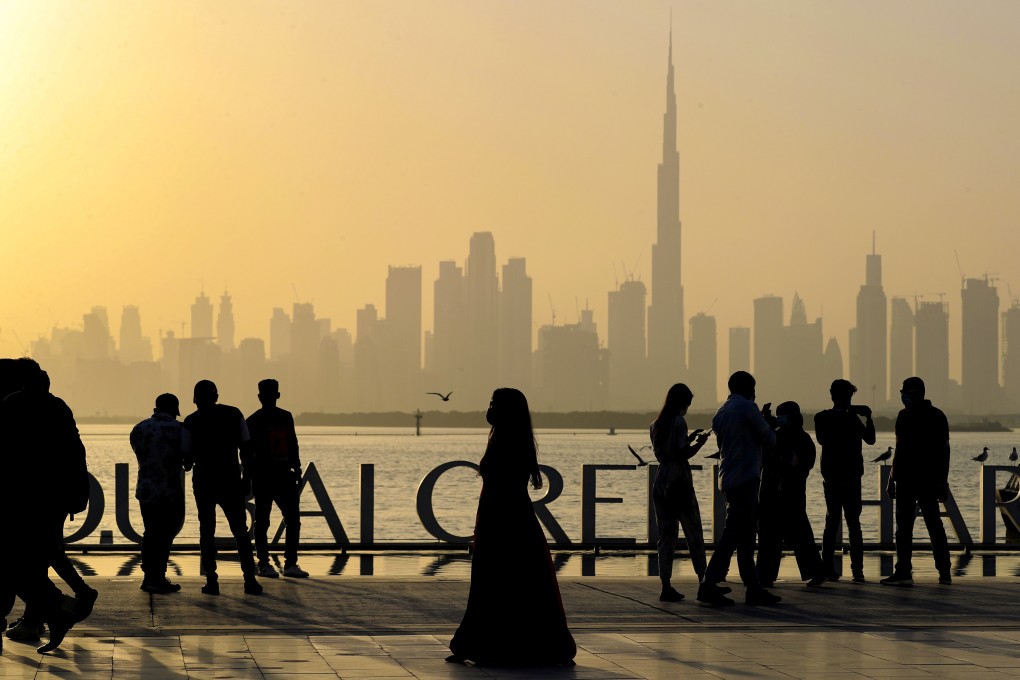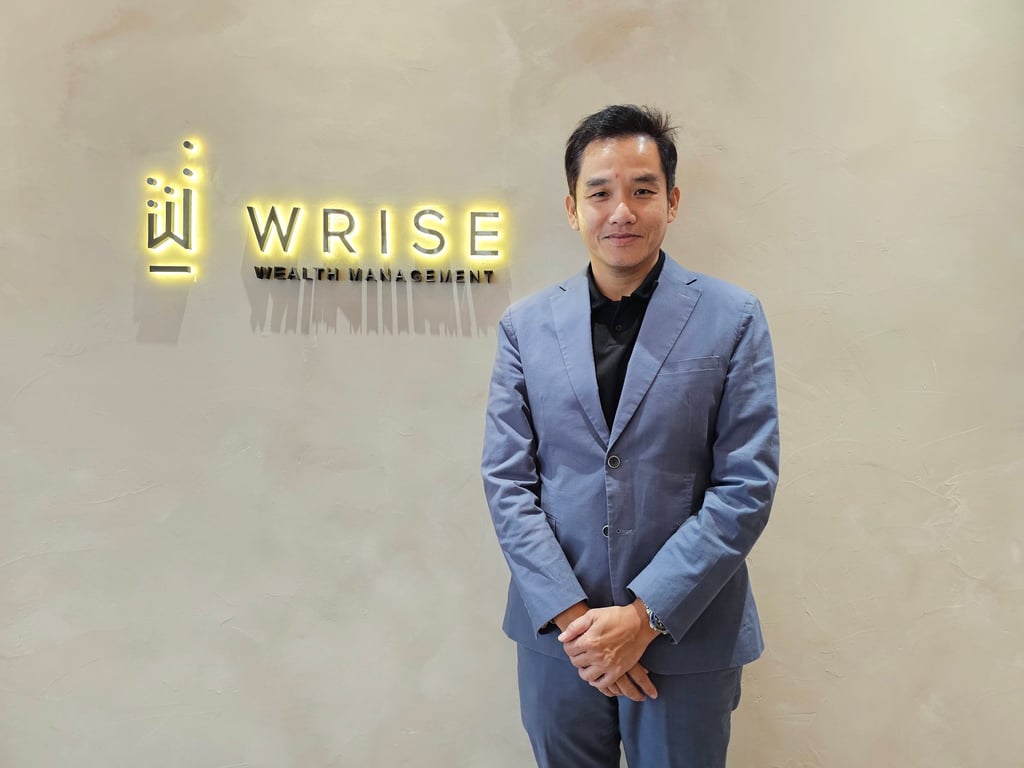Hong Kong needs banking talent with Arabic, Islamic finance skills to woo Middle East wealth, expert says
- Hong Kong’s finance sector has a big pool of talent who know China inside out, but hardly any who are familiar with Islamic finance, the key to tapping Gulf markets
- Some individual Middle Eastern clients have had difficulty in opening personal accounts at banks in Hong Kong, a veteran private banker says

Hong Kong will have to create a talent pool with expertise in the Middle East and Islamic finance if it wants to attract wealthy families and companies from the region to invest in the city, according to a veteran banker.
“Hong Kong needs to have a long-term training programme or import talent to bring Middle East investors to the city,” said Derrick Tan, a private banker who has been servicing wealthy clients in Asia for more than two decades.
Hong Kong will also have to make it convenient for Middle Eastern customers to open bank accounts so that they can invest here, Tan said in an interview with the Post.
“We have come across some individual Middle East clients who have had difficulty in opening personal accounts with banks in Hong Kong,” said Tan, the chairman of Wrise Group Holdings, a wealth management platform.

The global Islamic finance industry, which is guided by sharia Islamic law, principles and rules, currently boasts assets of around US$2.2 trillion and is anticipated to grow to US$4.94 trillion by 2025, according to a report by Standard Chartered in April.